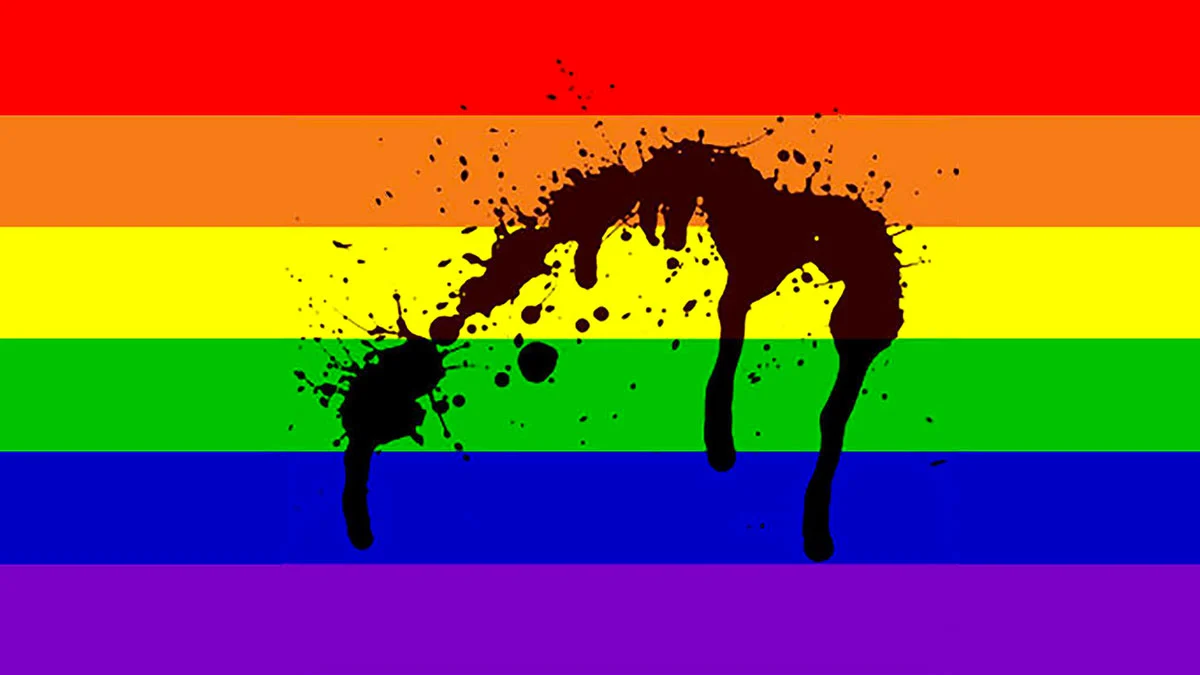
Russian ‘propaganda’ law breaches human rights – first judgment of its kind
In a landmark judgment, the European Court of Human Rights (ECtHR) has ruled that Russia breached the rights of LGBTI activists, who had complained about the effects of the country’s infamous ‘anti-propaganda’ legislation.
This is the first time that the ECtHR has made a ruling in relation to the federal law which bans public statements in relation to ‘sexual minorities’.
By six votes to one, the ECtHR held that there had been a violation of Article 10 (freedom of expression) and a violation of Article 14 (prohibition of discrimination) in conjunction with Article 10.
This morning’s Bayev and others v Russia ruling from the Strasbourg-based court found that the law does “…not serve to advance the legitimate aim of the protection of morals, and that such measures are likely to be counterproductive in… the protection of health and the protection of rights of others”.
The court also held that “…given the vagueness of the terminology used and the potentially unlimited scope of their application, these provisions are open to abuse in individual cases, as evidenced in the three applications at hand. Above all, by adopting such laws the authorities reinforce stigma and prejudice and encourage homophobia, which is incompatible with the notions of equality, pluralism and tolerance inherent in a democratic society.”
ILGA-Europe had intervened as a third party in the Bayev case. Along with partners from Coming Out and the Russian LGBT Network, ILGA-Europe had argued that the law was problematic for several reasons – it was accompanied by LGBT-phobic rhetoric, it incites discrimination against a whole social group, and at the same time, is profoundly detrimental to the rights of children.
“The message from Strasbourg is loud and clear. LGBTI people deserve equality, are not a threat, and cannot be forced to hide away. These discriminatory laws perpetuate prejudice, and in fact have been harmful for the public interest (despite the law’s claim to be beneficial for public health and the rights of minors).” ILGA-Europe Executive Director Evelyne Paradis commented this morning.
“This notorious law has grabbed headlines in the past. Today, we hope that this significant court judgment gets even more international attention. This is a vital decision, not only for LGBTI and human rights activists working in Russia. It sends a key message to activists in other countries who are pushing back against similarly restrictive legislative proposals.”
The Bayev judgment is binding on Russia and can be used by individual applicants in domestic cases who have been charged with similar administrative offences.
ILGA-Europe strongly urge the Russian authorities to act, in light of today’s judgment, to reform the federal law.
Photo By אנדר-ויק (Own work) [CC BY-SA 3.0 or GFDL], via Wikimedia Commons







